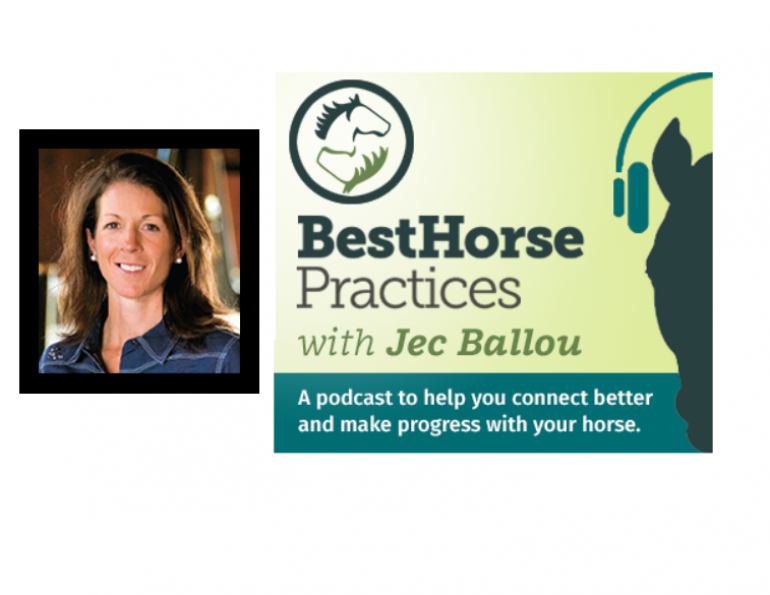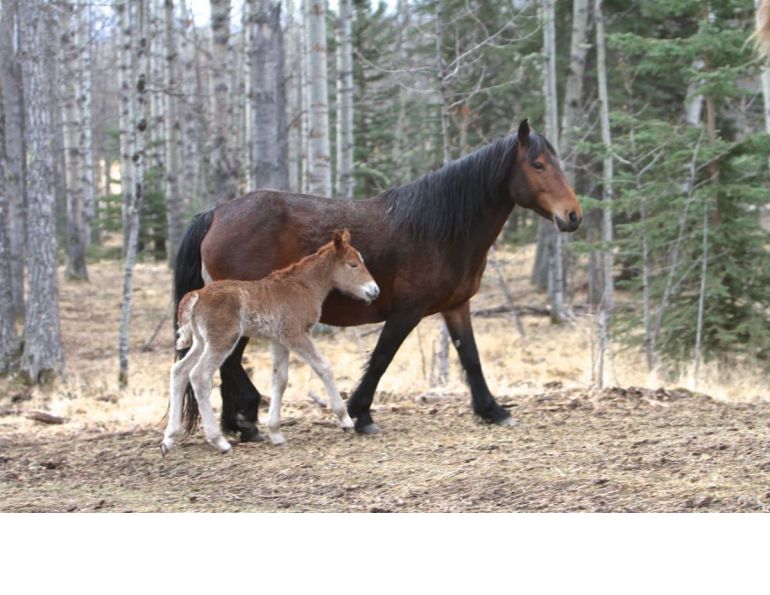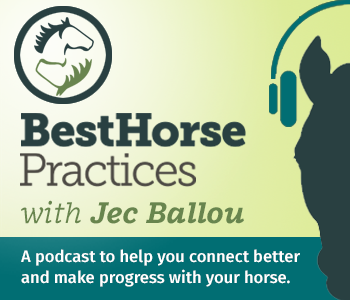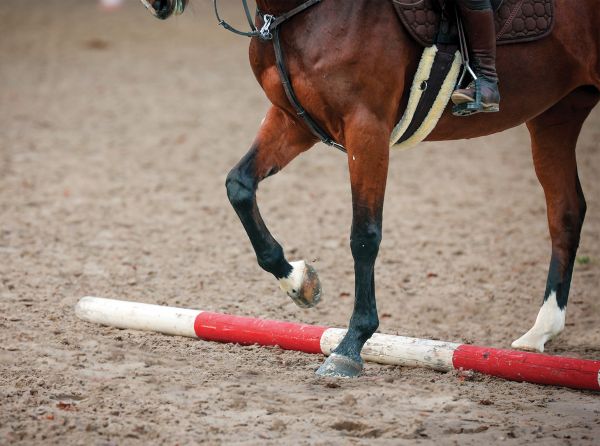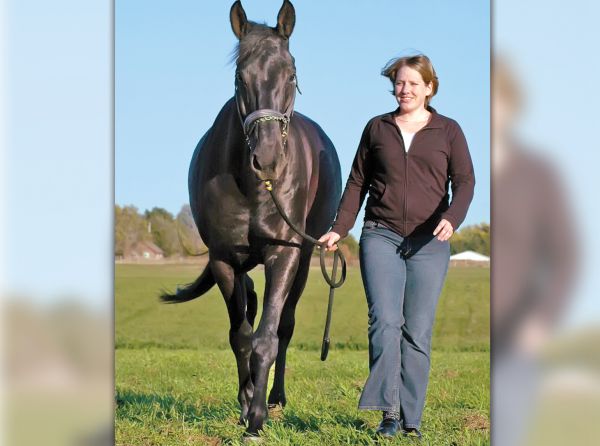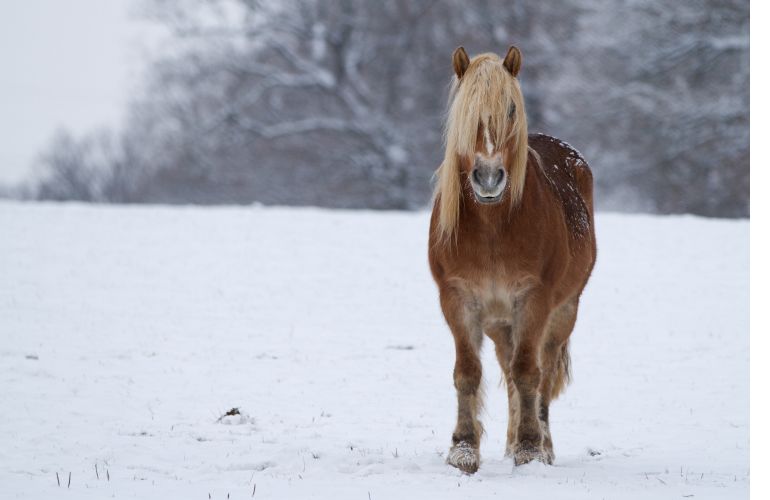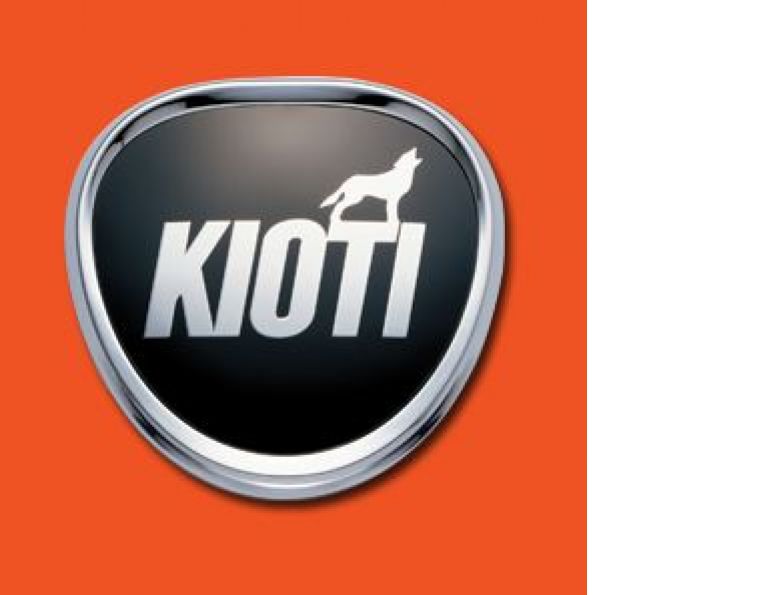By Christine Ross, CanTRA Vice President
There are hundreds of horses and ponies working in CanTRA therapeutic riding programs across Canada. Some of these horses and ponies give many years of steady service to riders with special needs, constantly showing qualities of patience, steadiness, warmth, and affection. Without these wonderful and valued equine friends, therapeutic riding would not be able to happen in any way or form.
We would like to introduce you to a world of therapeutic riding horses, where every horse is a star in its own right. So many of us take for granted the wonderful relationships we have with our horses, but for those with disabilities this relationship reaches into their often isolating world and provides a freedom of communication that they have never known before.
What kind of horse or pony is suitable for a therapeutic riding program?
All horses are special, but the most successful therapeutic riding horses are those that have the most empowering, positive, and lasting impact on children and adults with special needs.
Locating horses and ponies for a therapeutic riding program takes lots of time and patience. Qualities such as benevolence, willingness, kindness, and generosity of spirit are the kinds of attributes we are looking for. Just as there are many different riders, many different kinds of horses are needed so that each rider’s individual needs can be met. For example, a young child with autism needs a very different riding partner than that needed by an adult with cerebral palsy. CanTRA Instructor training includes the selection of therapeutic riding horses as part of the curriculum. Most therapeutic riding programs have a variety of horses of different heights, builds, and temperaments.
A therapeutic riding horse must be fit, healthy, and without any soundness issues. Sometimes CanTRA programs are offered retired horses with soundness and other health problems. In most cases these horses will not be suitable and need to be found a different living circumstance.
Different riders also need horses with different levels of sensitivity. CanTRA certified therapeutic riding instructors are trained to match horses and riders to achieve the best outcome for both. Finding the right horse for a rider is a very important part of the therapeutic riding process and involves a good deal of skill and observation.
Do therapeutic riding horses need special care and attention?
Therapeutic riding horses need all the same care as any other horse. They need good accommodation, fresh water, a well-designed feeding program, and regular dental, veterinary, and farrier care. In addition, therapeutic riding horses may need massage therapy. They also benefit from knowledgeable saddle fitting to help them be as comfortable as possible while doing their jobs. Like all other working equines, therapeutic riding horses benefit greatly from the mental health break of a frequent day of rest and scheduled turnout time for horseplay with their equine companions.
The ongoing well-being of the horses is a vital and integral part of therapeutic riding. A regular schooling program is needed for therapeutic riding horses to carry out their work. It is also a good idea for therapeutic riding horses to take part in some extracurricular activities such as trail riding, jumping, going to shows, and general riding events. This helps to keep the horses fresh, interested in their work, and free from fatigue and boredom.
CanTRA Therapeutic riding programs are encouraged to embrace the concerns and considerations of The Code of Practice for the Care and Handling of Equines, which is produced by Canada’s National Farm Animal Care Council.
In good spirits with proper care and attention, therapeutic riding horses introduce their riders to a world of freedom, acceptance, and empowerment. This multifaceted experience is at the core of therapeutic riding. Happy riders and contented horses are the proof.
Main Photo: Cowboy is the CanTRA Therapy Horse Award Winner for 2022. Credit: Angie Ruigrok, CanTRA Intermediate Instructor, EATRC, Stevensville, ON.






